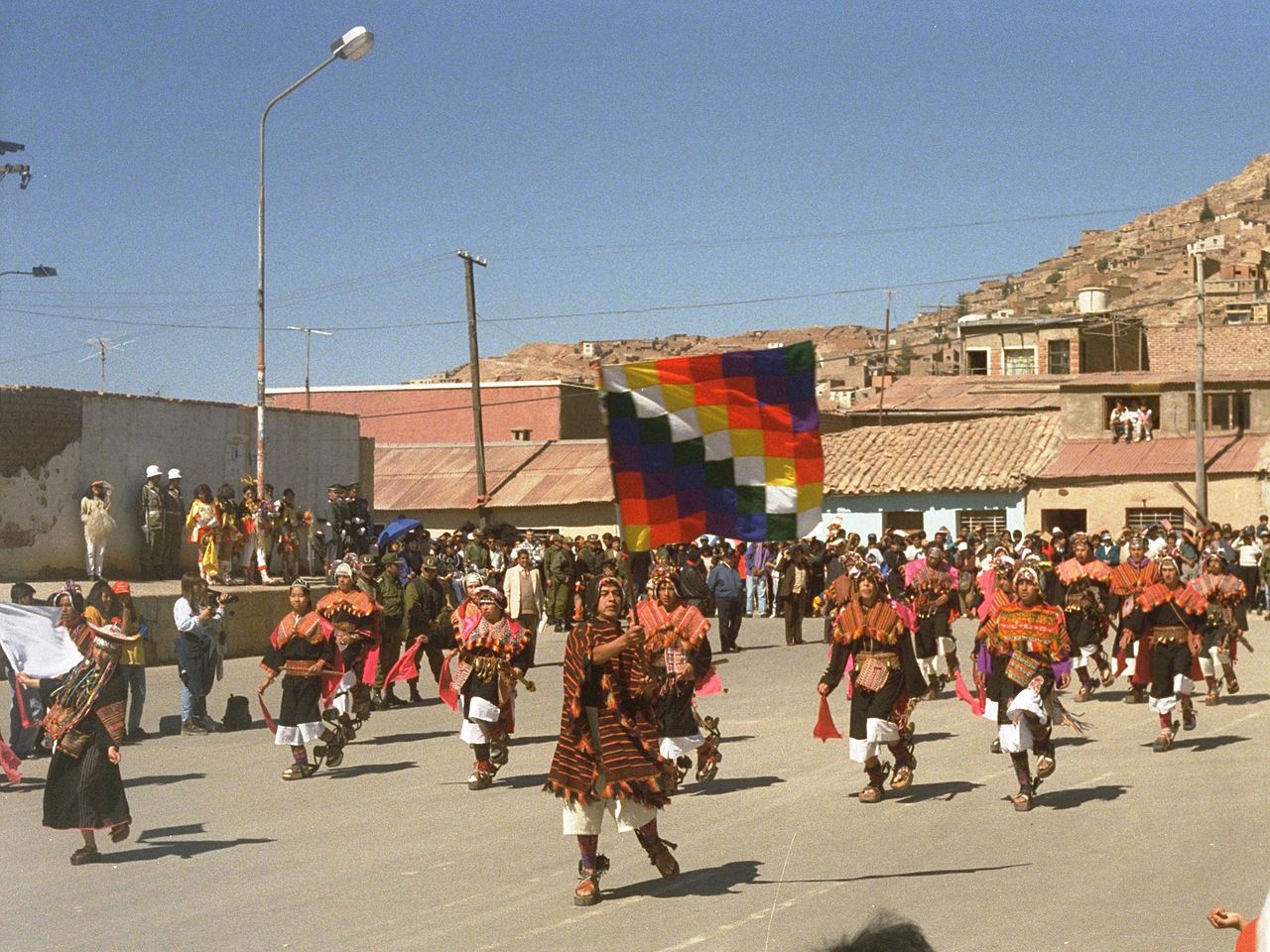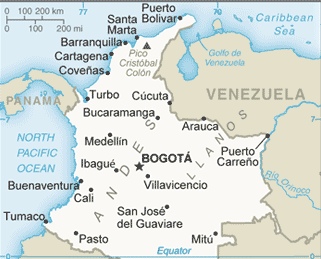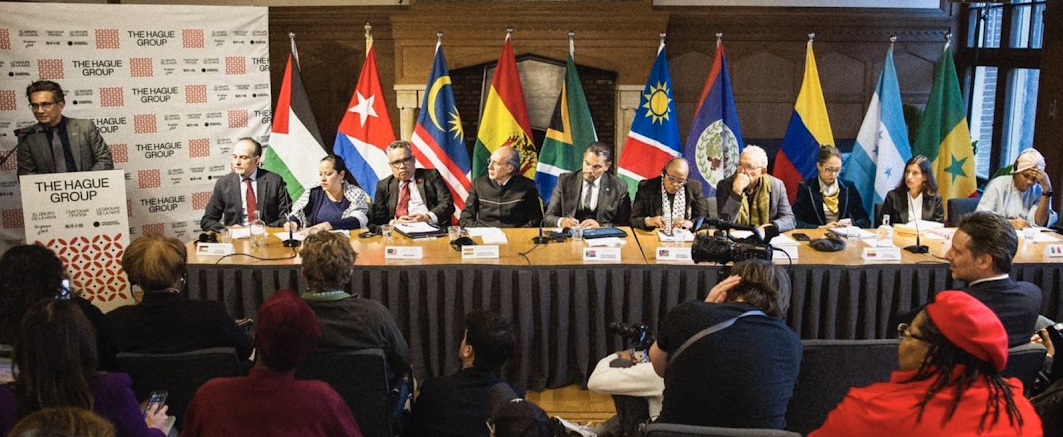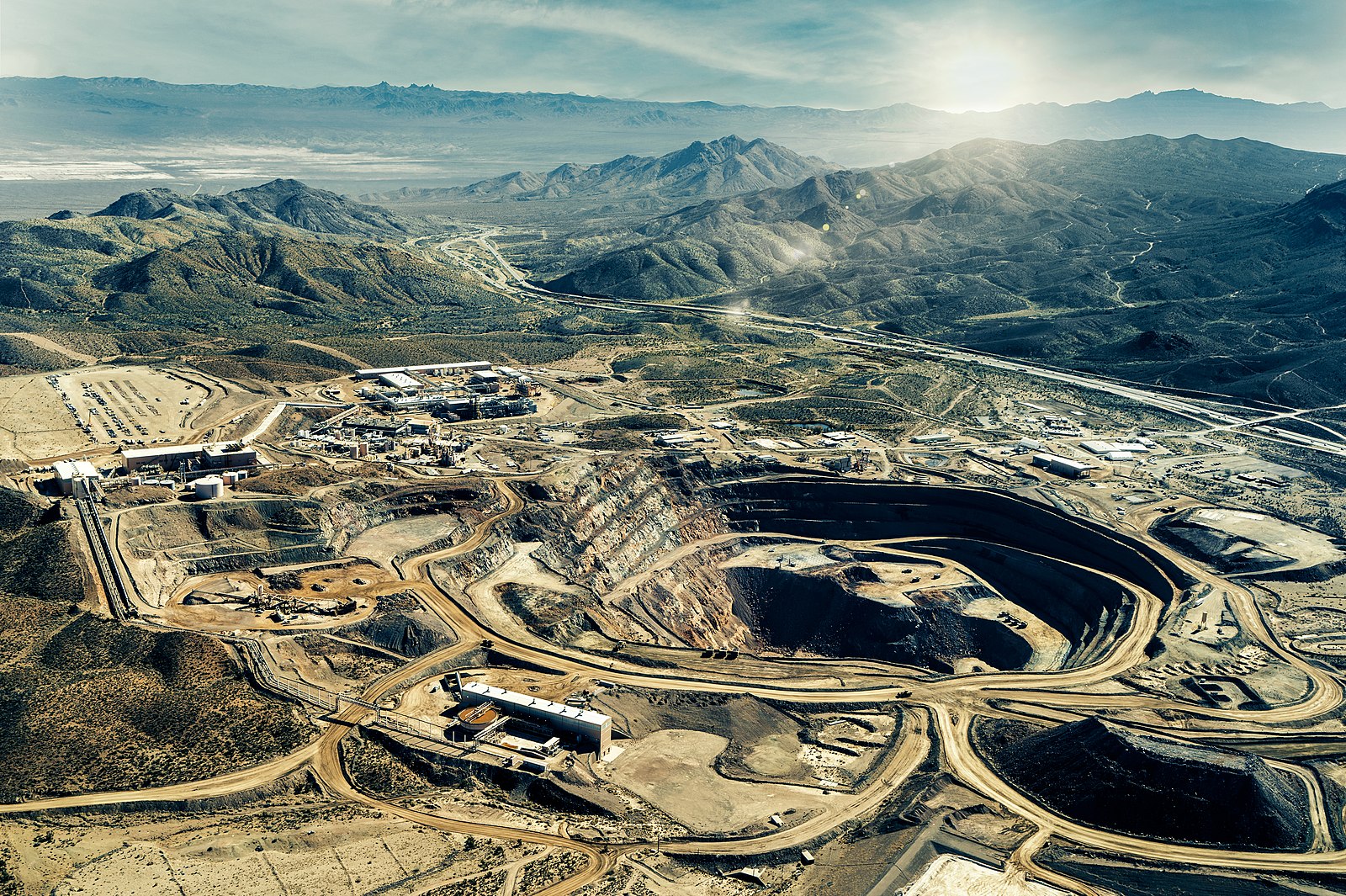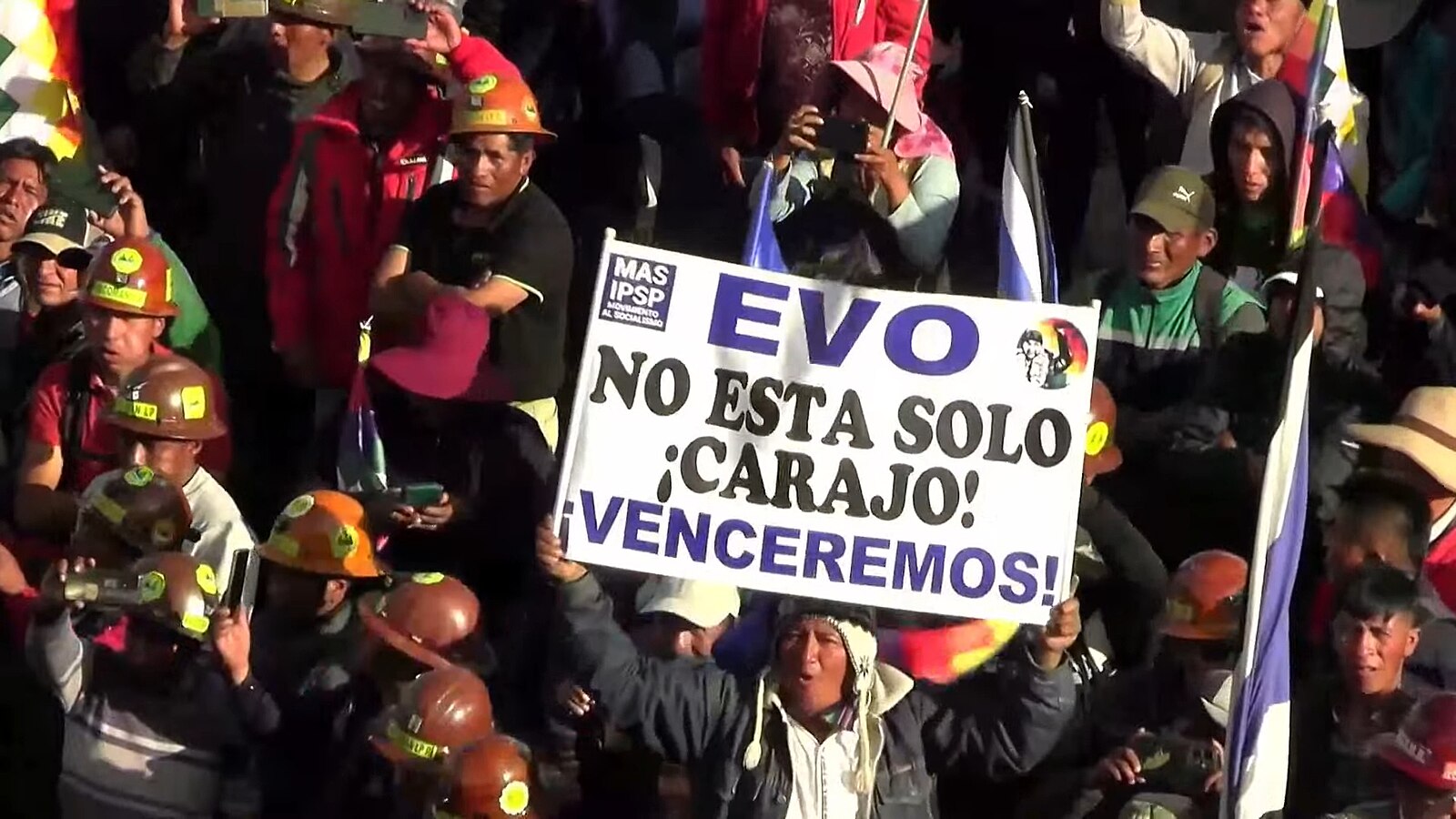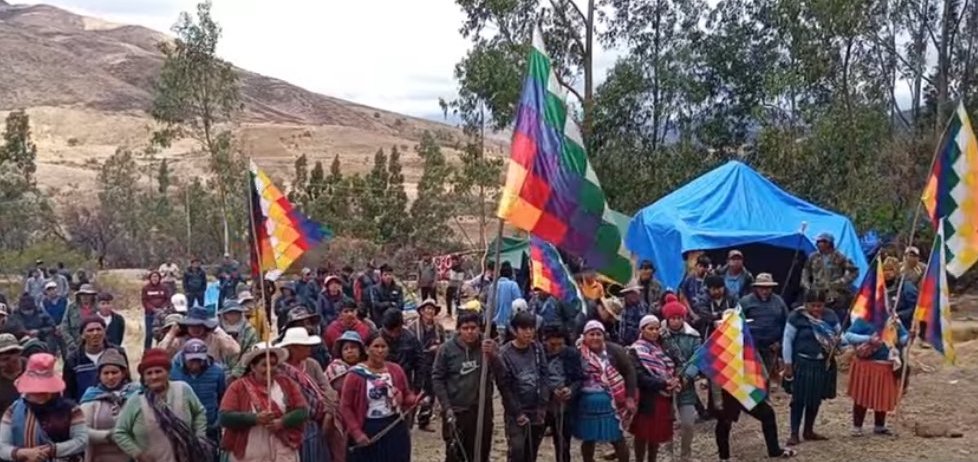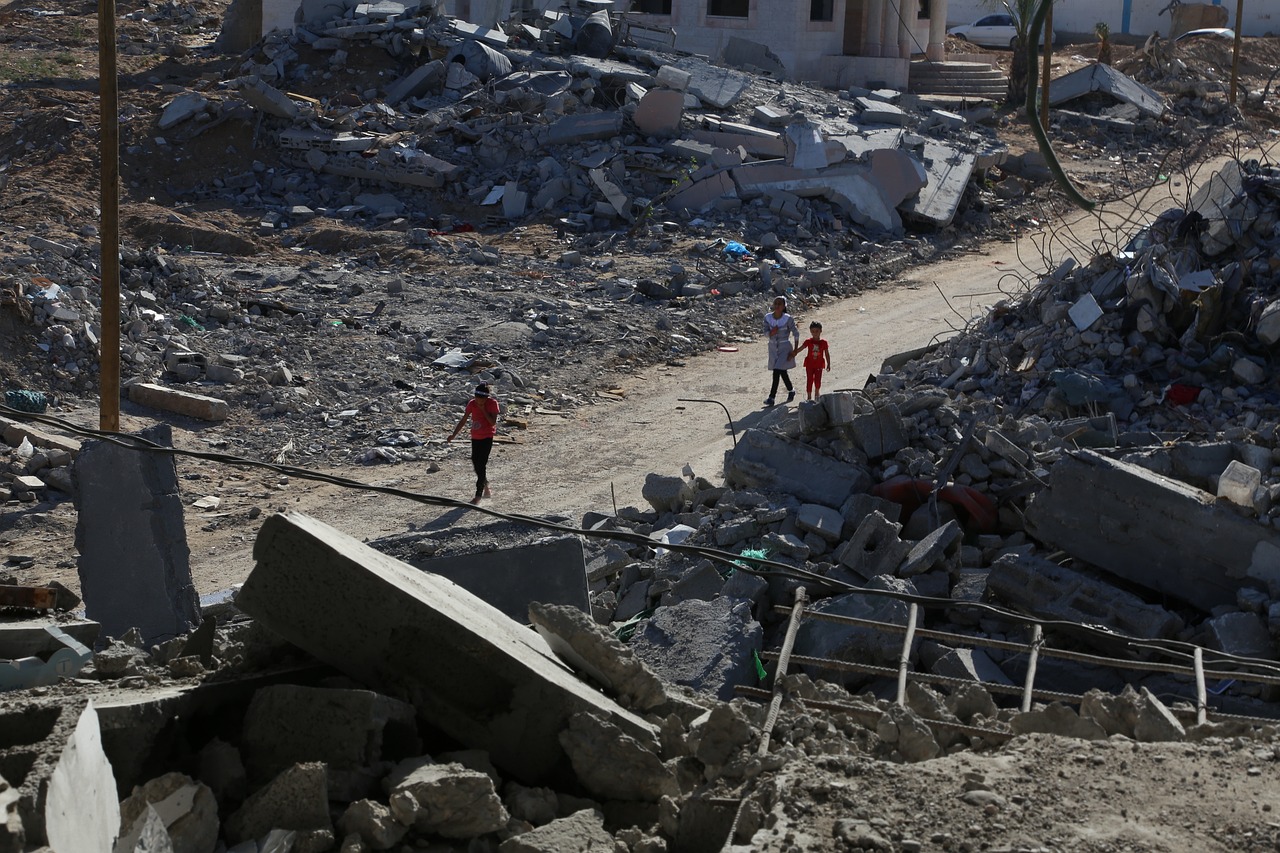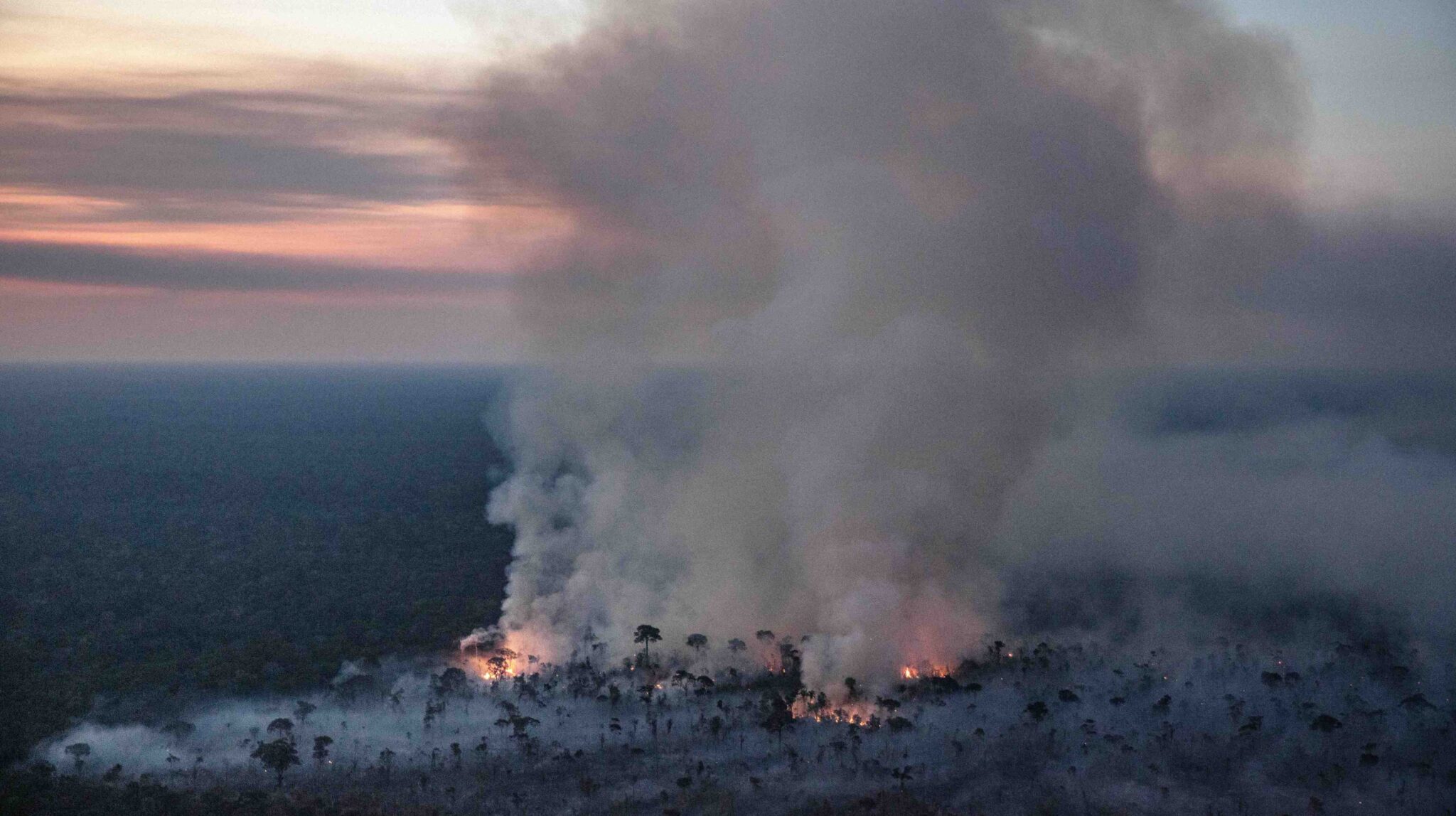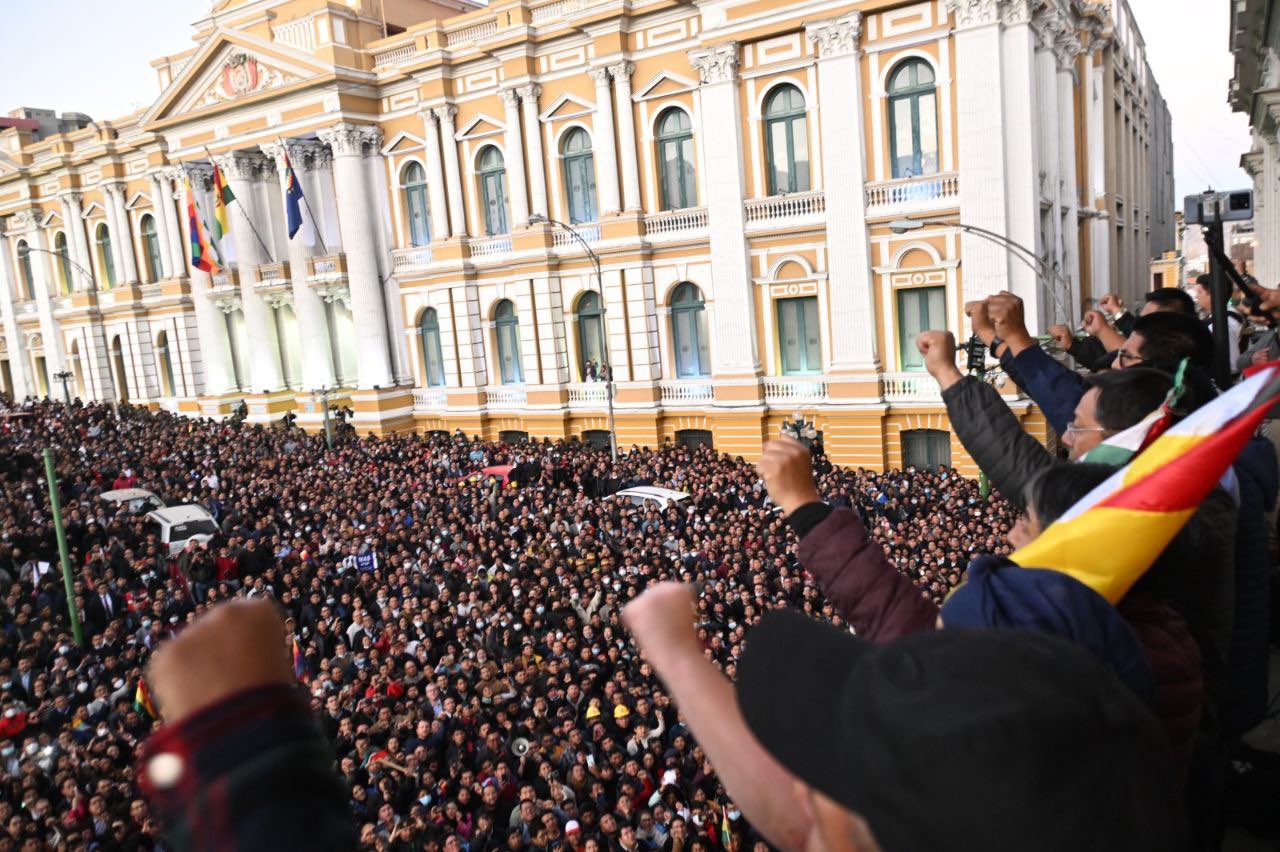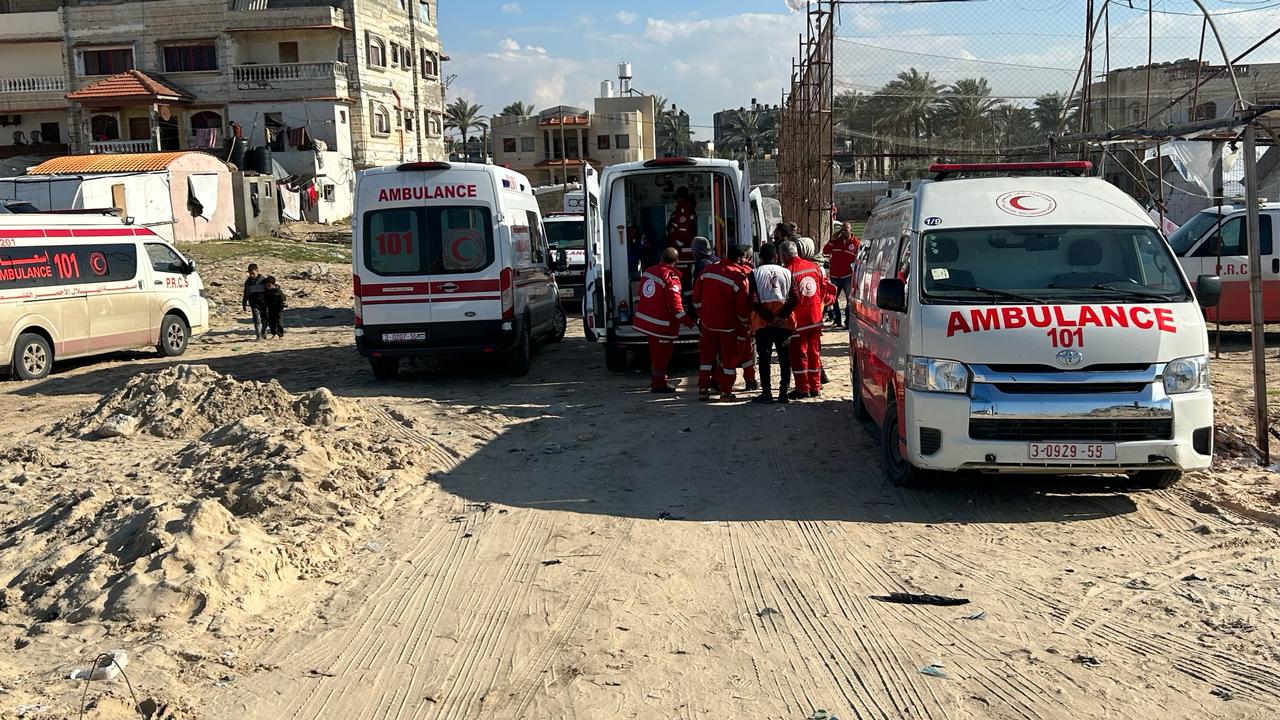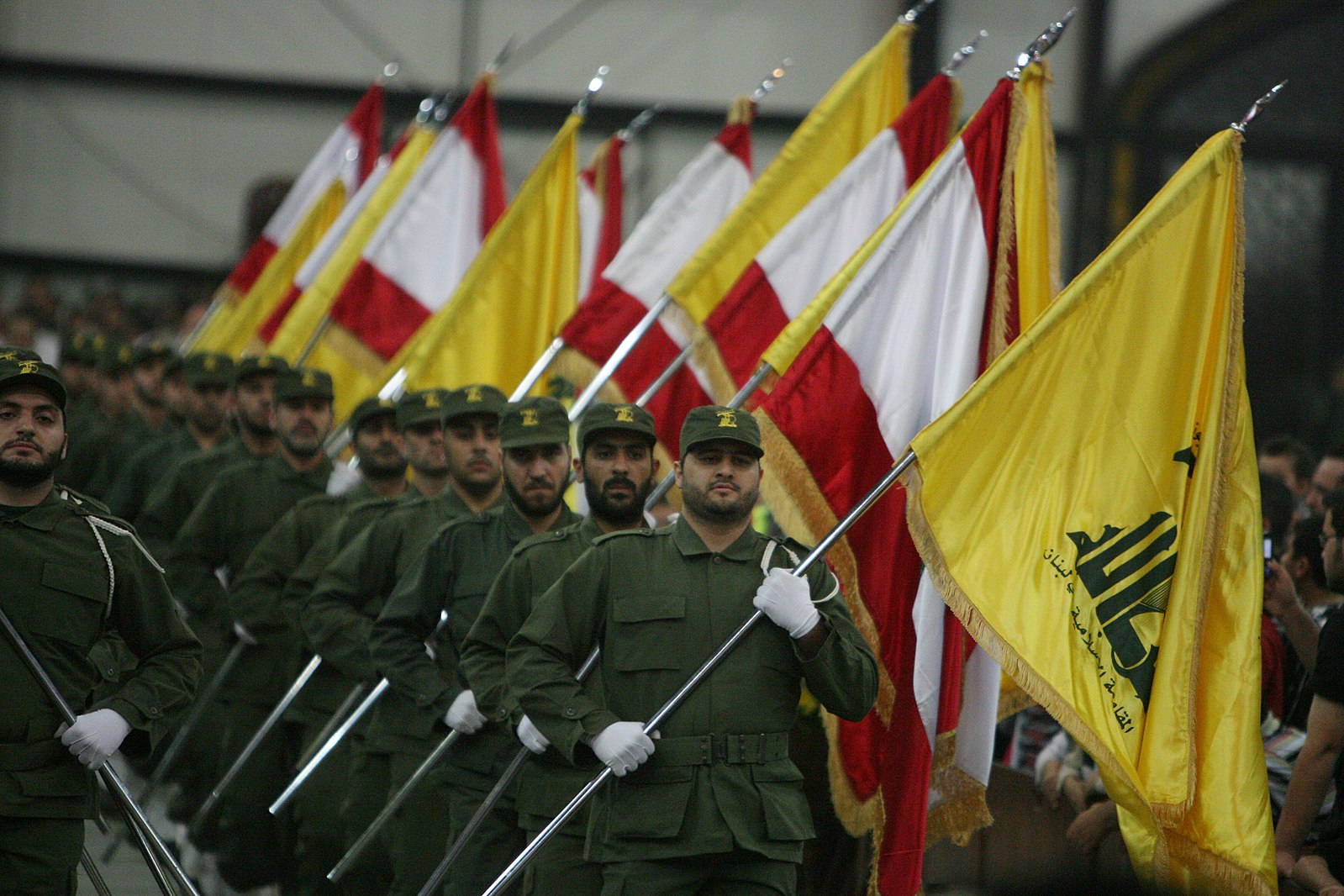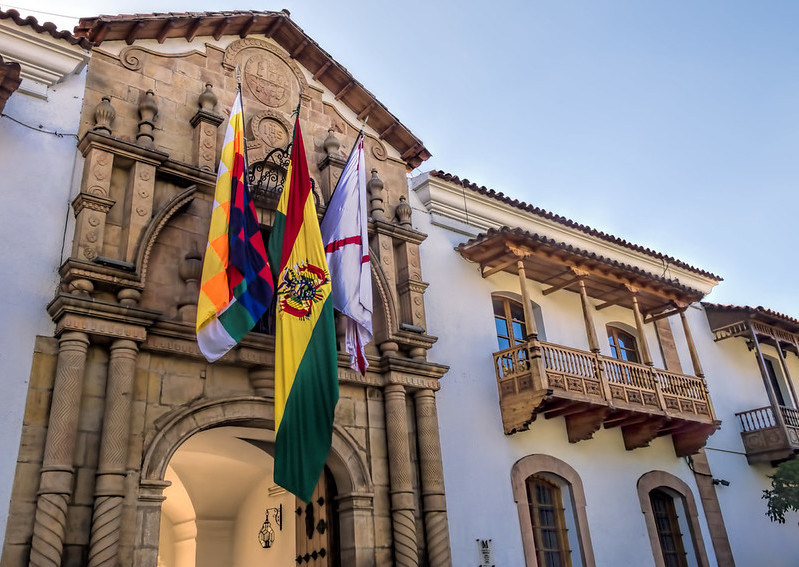
Bolivia: far-right candidate defeated —at least
Rodrigo Paz, a center-right senator and son of a former president, won Bolivia’s run-off election—defeating former far-right president Jorge “Tuto” Quiroga, who ran on a platform that pledged an IMF bailout for the troubled economy and widespread privatization of state industries and natural resources. For the first time since 1997, there was no candidate on the ballot from the Movement toward Socialism (MAS), the party of former president Evo Morales. A candidate from MAS, which had ruled all but one year since 2006, was eliminated in the first round in August. However, some of the social policies put in place by the MAS have now been adopted by Paz. (Photo: Dan Lundberg/Flickr)



